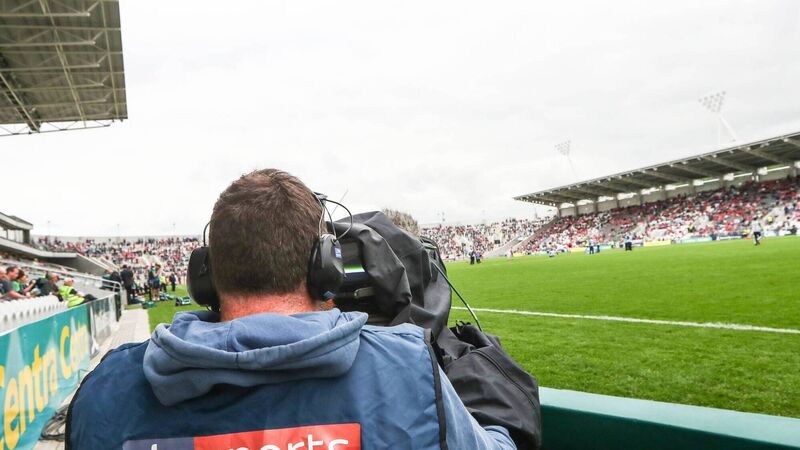Paul Rouse: Cocktail of choice scores best with GAA audience

IN FOCUS: A view of Sky Sports covering a game at Páirc Uí Chaoimh. Picture: INPHO/James Crombie
Coverage of Gaelic games has been transformed in the nine years that have passed since Sky Sports were given the rights to broadcast provincial All-Ireland hurling and football matches by the GAA in 2014.
Giving exclusive rights to broadcast 14 championship matches (and shared rights to six others) to Sky Sports was a dramatic change by an organisation which had categorically and repeatedly ruled out such a deal as being against the ethos of the Association.









